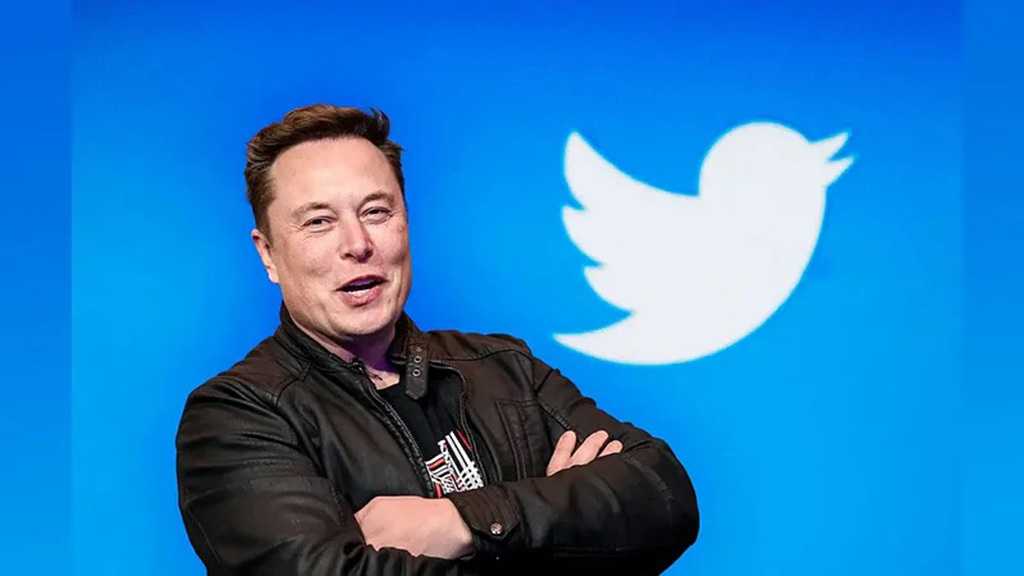
Elon Musk Plans to Cut 75% of Twitter Staff If He Takes Over Company

By Staff, Agencies
Elon Musk told prospective investors that he plans to eliminate nearly 75% of Twitter’s staff as part of his deal to take over the social media company, the Washington Post reported on Thursday.
Job cuts are expected in the coming months no matter who owns the company, according to the report, which cited interviews and documents.
The news of Musks’s plans, should he ultimately take over the business, come at a difficult moment for Twitter. The company said in July that it had already “significantly slowed hiring” amid a wider economic downturn the tech industry, where many companies have announced recent hiring freezes and layoff.
On Thursday night, Bloomberg reported that an internal memo circulated by Twitter said there were ‘no plans for any company-wide layoffs”.
Meanwhile, the acquisition drama with Musk has fostered low morale, leading employees to quit in droves. Twitter has been embroiled in a legal battle with the billionaire for months after Musk tried to walk away from the $44bn takeover deal, before reversing course earlier this month and saying he would go through with it after all.
“Twitter appears to be rudderless, and on a bit of a downward spiral, and it has only been exacerbated by Musk,” said Carl Tobias, Williams chair in law at the University of Richmond. “It looks like it is going to be rough sailing for some time.”
Human resources staff at the social media company have told employees that they were not planning for mass layoffs, but documents showed extensive plans to push out staff and cut down infrastructure costs were already in place before Musk offered to buy the company, the Washington Post reported.
But while Twitter’s current management planned to lay off 25% of the staff by the end of next year, the new report revealed Musk wants to reduce Twitter’s 7,500 employees down to a “skeleton staff” of around 2,000 people.
The layoffs will undoubtedly have an impact on Twitter’s daily operations, including its ability to moderate harmful content and combat security issues, Tobias said. This comes after a scathing whistleblower report in September accused Twitter of falling short on both fronts, alleging “egregious” deficiencies at the company.
According to the Washington Post report, Twitter had already anticipated cutting funding to infrastructure sites, including its data centers. Musk has said that, as the owner of Twitter, he would loosen content moderation policies and potentially pivot the company to a subscription-based profit model. Twitter did not immediately respond to a Guardian request for comment.
The current battle between Musk and Twitter began when the businessman tried to walk away from a deal to buy the company in May, after alleging Twitter understated the number of bot and spam accounts on its platform. Twitter accused him of “conjuring” an excuse to back out.
The bitter standoff was due to go to court before Musk made a dramatic U-turn in early October, saying he would go ahead with the deal on its original terms. The billionaire is now securing funding to close the purchase before a deadline of next Friday, by which time a judge has said the transaction must be finalized.
Comments
- Related News



